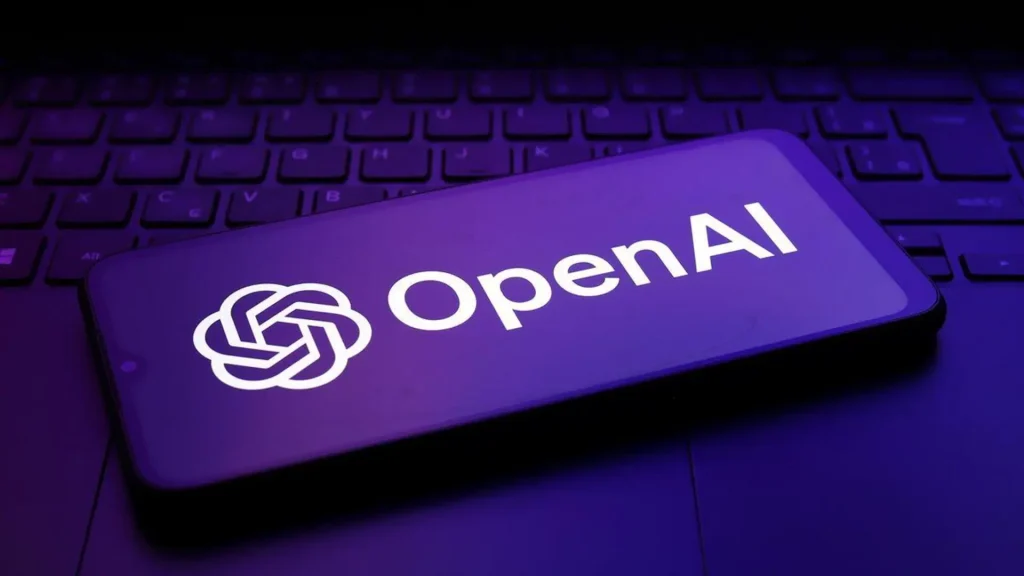OpenAI, the San Francisco powerhouse behind ChatGPT, stands at a fork in the road that may radically redefine its future. San Francisco may no longer be home for the company, as rising legal and financial challenges push back against its aggressive transition from a non-profit entity to a for-profit business.
California’s Attorney General recently started investigating the contentious change of OpenAI in a bid to uncover whether the change stands in violation of state law. It’s not a bureaucratic hitch in the road, it’s a potential roadblock with the power to impact nearly $19 billion in investment necessary for the company to remain a leader in the quickly shifting world of AI.
It focuses on whether OpenAI’s pivot against the original mission of a nonprofit for building AIs for humanity’s good. At the company’s inception, it vowed to favor safety and the common good over financial gain. Today, critics say the search for huge fundraising rounds and commercial success has gotten too far afield from those ideals.
The legal ambiguity has sent shockwaves far beyond California’s shores. It’s making future investors increasingly anxious about the future of the company, and there’s real concern that major supporters could pull out of the deal if the transition does not gain regulatory approval.
Their opposition isn’t restricted to government regulators. Organized labor, non-profits, charities, and especially Elon Musk, who was one of the founders of OpenAI but later disassociated himself from the firm, are also expressing misgivings about the proposed change.

They believe a change in the for-profit direction might erode OpenAI’s focus on building out technology for AI for the greater common good rather than for the benefit of shareholders only.
Why Relocating from the Bay Area is a Big Deal for OpenAI?
For OpenAI, it wouldn’t be a straightforward case of packing up and relocating office space. Its roots run deep in the Bay Area, where the majority of world-class researchers are located in the city.
It’s not just staff; they are among the sharpest brains in machine intelligence, and a move might entail losing real talent or taking on the huge undertaking of getting them to relocate their lives.
CEO Sam Altman’s own connections to the region make things even more difficult. His family resides in homes in most parts of the Bay Area and was very active locally in government, such as on a mayor’s transition committee. His key connections to the region mean a move would be something well beyond a business choice; it’d be a personal disruption.
In spite of these gathering pressures, OpenAI is not heading for the exits quite yet. Company executives insist there are no short-term plans to leave San Francisco. Rather, they are cooperating with both California and Delaware regulators to resolve the legal issues surrounding their exit.
But the very fact that relocation is on the table for public consideration is a testament to just how dire the situation is. For a company that has framed itself as a pioneer of the AI revolution, being forced to consider such extremes indicates the tenuous position it occupies.
How Rapid AI Innovation is Outpacing Governance?
OpenAI’s troubles are a microcosm of a bigger issue in Silicon Valley’s technology bubble in machine learning. Technological change is occurring too fast in the space of machine learning for a corresponding gap in regulations not to emerge.
Companies are innovating before legislators are in a position to establish appropriate frameworks for regulation, such that technologies fall in a kind of legal gray space.
This incompatibility of pace in innovation and regulations is not exclusive to OpenAI. Throughout Silicon Valley, Artificial Intelligence business entities are struggling with issues of responsibility, safety, and civic responsibility while working on sustaining their edge in a space where things are transforming day by day.
As it steers through these turbulent seas, the consequences could establish key precedents for the way other AI businesses organize themselves and do business in the frameworks already in place. Stakes couldn’t possibly be higher not only for OpenAI, but the industry of artificial intelligence in general.

